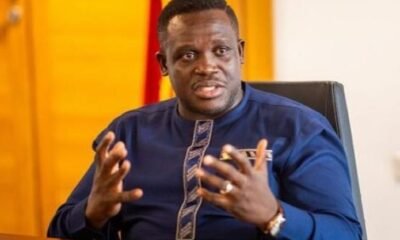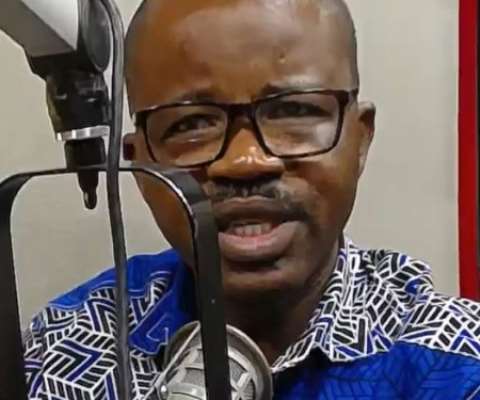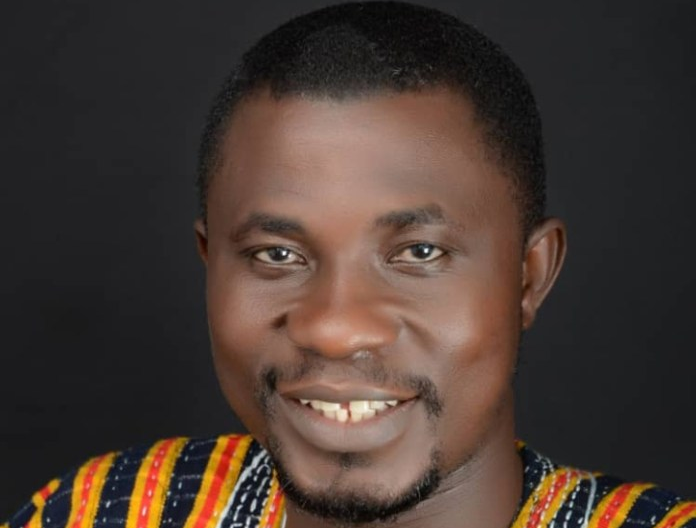Published
1 year agoon
By
Diella Teku
In a dramatic turn of events, New Patriotic Party (NPP) Members of Parliament (MPs) have exited the parliamentary chamber, intensifying the ongoing power struggle over the status of the parliamentary majority. The walkout follows a stalemate between the NPP and the opposition National Democratic Congress (NDC), fueled by Speaker Alban Bagbin’s recent declaration that four parliamentary seats had been vacated, shifting the balance of power.
The controversy erupted on October 17 when Speaker Bagbin declared four seats—Fomena, Amenfi Central, Suhum, and Agona West—vacant. His decision, based on Article 97(1)(g) of the 1992 Constitution, cited MPs declaring intentions to contest elections independently or under a different party. This ruling gave the NDC a slim majority in the House, with 136 seats to the NPP’s 135.
The NPP responded swiftly, with Majority Leader Alexander Afenyo-Markin filing a suit at the Supreme Court. On October 18, the Court temporarily stayed Bagbin’s ruling, allowing the affected MPs to retain their seats until the case is fully resolved. However, this did little to cool tensions in Parliament.
When Parliament reconvened on October 22, tensions escalated as NDC MPs, led by Minority Leader Dr. Cassiel Ato Forson, moved to occupy the majority side of the chamber, asserting their claim as the new majority. The NPP, led by Majority Chief Whip Frank Annoh-Dompreh, vehemently objected, maintaining that the Supreme Court’s intervention permitted them to retain control of the majority seats.
Faced with rising frustrations, the NPP leadership decided to stage a walkout, accusing the Speaker of failing to provide clear guidance on which party should hold the majority position in the chamber. This act of defiance left the NDC MPs sitting in the majority section, symbolizing the ongoing battle for dominance.
The NPP’s walkout places the spotlight squarely on Speaker Alban Bagbin, who is now expected to clarify the parliamentary leadership structure. The NPP insists that the Supreme Court’s ruling temporarily preserves their majority status, while the NDC argues that the Speaker’s declaration remains in effect.
This power struggle could have far-reaching implications for Ghana’s legislative process, especially with the 2024 general elections looming. The NPP’s walkout is seen as a strategic move to pressure the Speaker into delivering a decisive ruling that could impact legislative negotiations and influence the balance of power in Parliament.
The public is closely monitoring the unfolding events, as the parliamentary deadlock could affect key legislative actions and deepen political divisions. Analysts warn that a prolonged standoff might not only slow down legislative work but also increase tensions between the NPP and NDC ahead of the 2024 elections.
With the NPP MPs vowing not to return to the chamber until a resolution is reached, the situation remains fluid. Speaker Bagbin’s forthcoming decision will be critical in determining whether Parliament can move beyond this impasse and resume its legislative duties, or if the House will remain in a state of uncertainty.


Ghana’s Parliament Reignites Debate Over Anti-LGBTQ+ Bill


Appointments Committee to Vet Final Deputy Minister Nominees Today


Parliament Approves GH¢10 Billion for NHIS in 2025 to Expand Healthcare Access


Parliament Resumes Today: Ghana’s Legislative Body Reconvenes Post-Easter Break


Majority Caucus Pushes for Swift Parliamentary Recall to Address Crucial National Issues


Here is what to expect from parliament next week.


Adwoa Safo’s PA debunks claims of Impersonation


Adwoa Safo was impersonated, we have proof – ASEPA petitions Parliament


Ashaiman MP justifies ‘snatching’ of Speaker’s seat

























